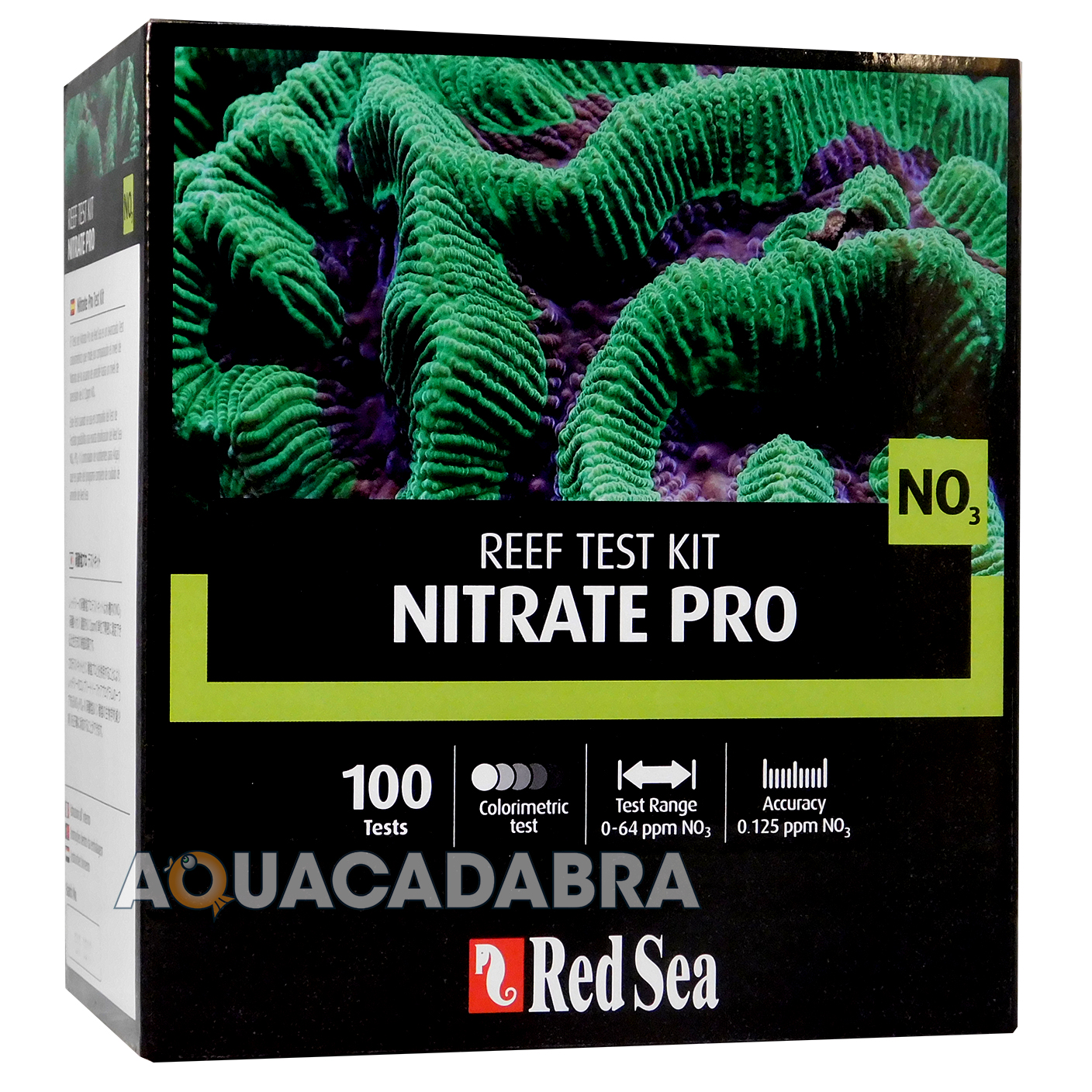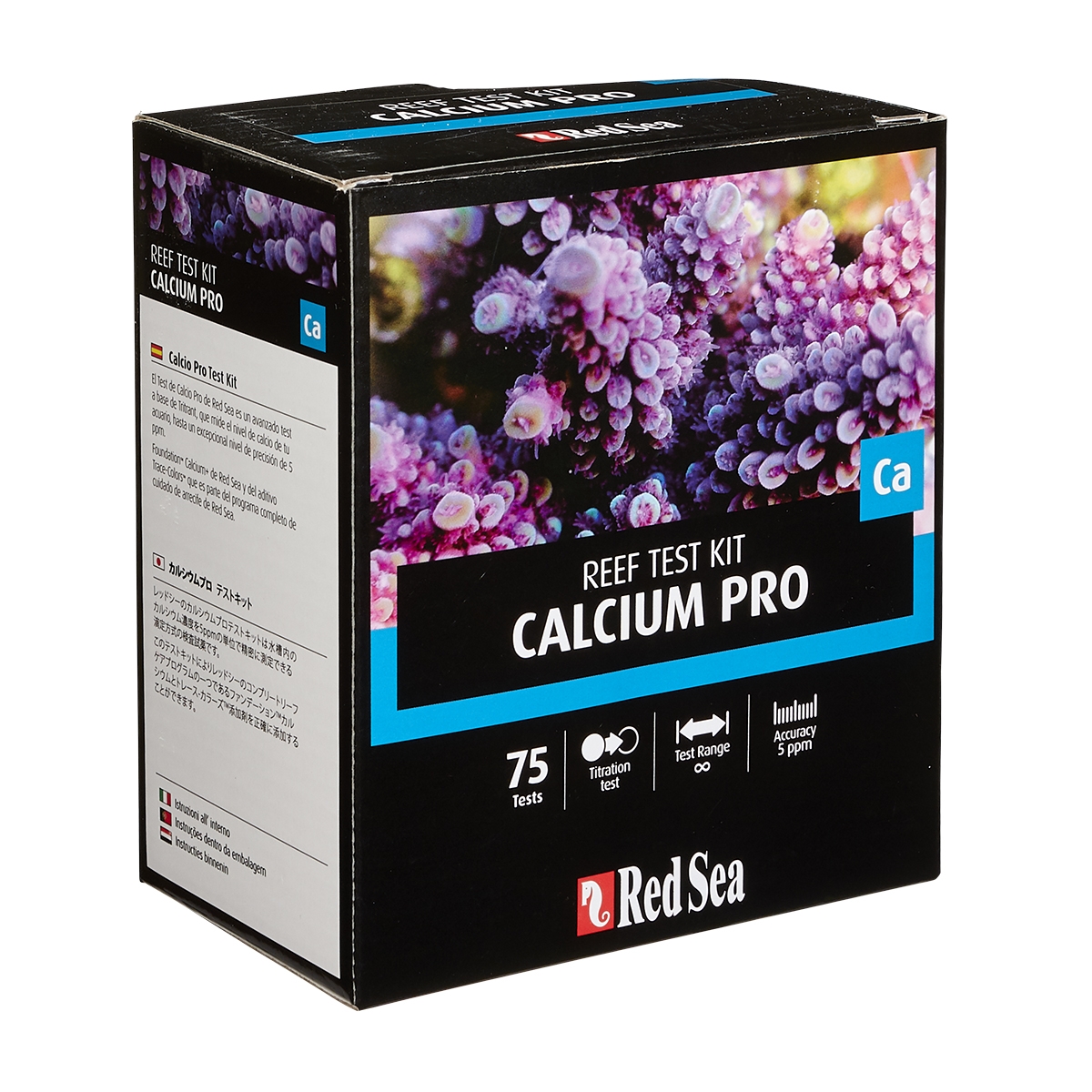
I'd like to hold off on detailed comments about how well they work until I've had additional time to study them, but so far my experience has been rather less successful that with simpler kits (alkalinity, calcium, etc.).

Unfortunately, the use and interpretation of these kits is tedious and complicated. Of the commercially available kits, the Seachem and Salifert iodine kits are the most popular in the US. Unfortunately, those differences make comparisons of the different methods almost impossible, and also complicate the interpretation of the data from any single one of them. Even confining the list to those that most aquarists are likely to encounter, there are still at least three fundamentally different ways, and those three all detect different subsets of the total iodine species in water. There are many ways to measure iodine in seawater. However, overdose of potassium can encourage the breakout of nuisance algae.You may be interested in Randy's article on Iodine as well: Proper potassium supplementation encourages enhanced coral coloration. Potassium is related to the red chromo-proteins (peridinin and neo-peridinin). Potassium also has a significant effect on the alkalinity inside the coral soft tissue and plays a role in the formation of aragonite in the coral skeleton. Potassium has an essential role in the transportation of coral nutrients within the soft tissues including the nutrients provided by the zooxanthallae.

However, iodine becomes toxic in concentrations above the levels found in natural seawater. Iodine is related to the pink chromo-protein (pocciloporin) and proper iodine supplementation encourages enhanced coral coloration. Iodine is important to the coral skeleton and soft tissue and is specifically important for SPS corals to display their natural pigments. However, iron is toxic to all invertebrates above recommended levels and can encourage nuisance algae growth. Iron is related to the green/yellow chromo-proteins (GFP) and proper iron supplementation encourages enhanced coral coloration. Iron precipitates into the coral skeleton, which act as a reservoir for their use in the soft tissue. Iron has a fundamental role in many biochemical metabolic processes including respiration and production of energy, chlorophyll and photosynthetic catalysts. Red Sea Reef Colors Pro Multi Test Kit Contents: Routine testing with Red Sea Reef Colors Pro Multi Test Kit is crucial to the health and success of any coral reef aquarium housing SPS, LPS and Soft Corals, especially those on a supplementation regimen. Included quick guide card walks you through the testing process with simple, easy-to-understand illustrations. Reef Colors Pro Multi Test Kit updates the testing process for ease-of-use and a high degree of accuracy that encourages proper testing skills. However, no supplementation regimen should be employed without accurate testing and monitoring of supplement levels.

Proper supplementation with iodine, potassium or iron can enhance coral coloration. Red Sea Reef Colors Pro Multi Test Kit contains three tests selected specifically to accurately measure chemical elements associated with coral pigmentation.

This precision test kit boasts next generation features for greater testing convenience and accuracy perfect for new and experienced reef hobbyists. The Red Sea Reef Colors Pro Multi Test Kit includes Red SeaIodine Pro, Potassium Pro and Iron Pro Tests at an outstanding package price. Great value on three advanced test kits for accurate measurement of reef supplements The Red Sea Reef Colors Pro Multi Test Kit includes Red Sea Iodine Pro, Potassium Pro and Iron Pro Tests at an outstanding package price.įor warranty info and product support, please visit.


 0 kommentar(er)
0 kommentar(er)
